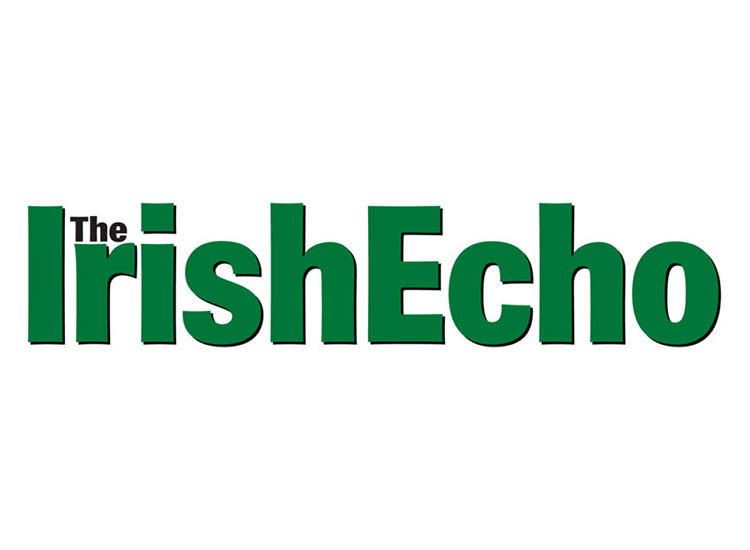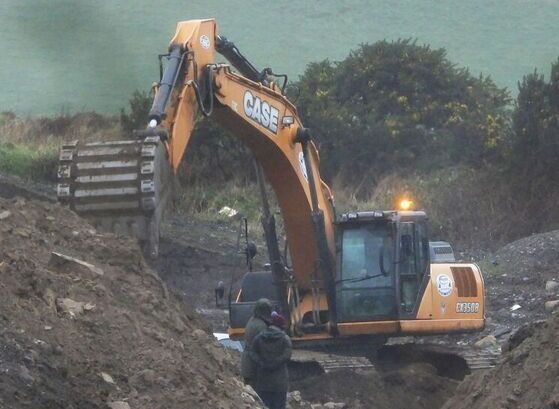British Brexit Minister David Frost
By Irish Echo Staff
As expected, the British government is demanding a new deal to oversee post-Brexit trade involving Northern Ireland and warned the European Union that London would be justified in unilaterally deviating from a deal it struck last year.
The demand is unlikely to be met with much sympathy in the EU, in Dublin, across much of the political spectrum in Northern Ireland, or indeed in Washington.
Reported the Irish Times: “The Northern Ireland protocol was agreed by Britain and the European Union as part of a 2020 Brexit deal, finally sealed four years after British voters backed the departure from the EU in a referendum.
“It sought to get round the biggest conundrum of the divorce: how to protect the EU’s single market but also avoid land borders between Northern Ireland and the Republic, the presence of which politicians on all sides fear could fuel tensions.
The protocol essentially required checks on goods between the British mainland and Northern Ireland, but these have proved burdensome to business and an anathema to unionists.
“We cannot go on as we are,” the British government’s Brexit minister, David Frost, told the British parliament.
He said there was justification for invoking Article 16 of the protocol which allowed either side to take unilateral action to dispense with its terms if there was an unexpected negative effect arising from the agreement.
“It is clear that the circumstances exist to justify the use of Article 16. Nevertheless ... we have concluded that is not the right moment to do so.
“We see an opportunity to proceed differently, to find a new path to seek to agree with the EU through negotiations, a new balance in our arrangements covering Northern Ireland, to the benefit of all.”
Mr. Frost, according to the Times report, which was based on a Reuters report, said Britain wanted a new “balance” detailed in a command paper, which meant governance of the accord was no longer policed by EU institutions and the European Court of Justice, and a “normal treaty framework” which was “more conducive to the sense of genuine and equitable partnership.”
“These proposals will require significant change to the Northern Ireland protocol,” Mr. Frost said.
“We do not shy away from that, we believe such change is necessary to deal with the situation we now face.”
That “situation,” of course, is rooted in Brexit.








